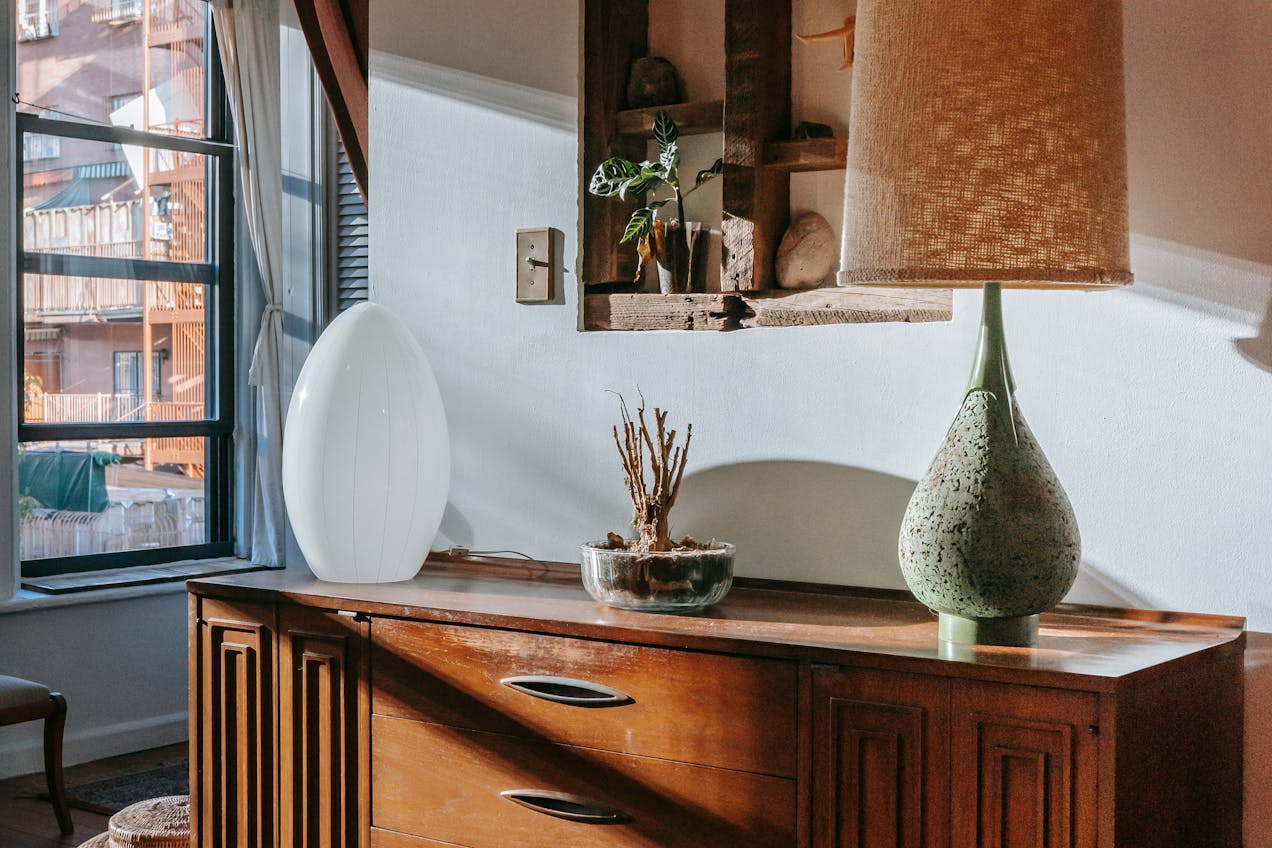
As a U.S. expat, understanding how to maximize your housing benefits can significantly impact your tax situation. Form 2555 offers a way to claim these benefits, but it’s essential to know the rules and limitations. Let’s explore how you can make the most of your housing expenses while living abroad.
Claiming Housing Expenses
On line 28 of Form 2555, you’ll enter your total reasonable housing expenses incurred during the tax year. This includes rent, utilities (except telephone charges), insurance, nonrefundable lease fees, furniture rental, and residential parking. Remember, housing expenses are considered reasonable as long as they aren’t lavish or extravagant.
Understanding the Limit on Housing Expenses
The limit on housing expenses varies depending on your location and is updated annually. For most locations in 2023, the limit is $36,000 if your qualifying period includes all of 2023. Use the Limit on Housing Expenses Worksheet to calculate the correct amount to enter on line 29b.
Navigating Multiple Foreign Locations
If you moved and incurred housing expenses in more than one foreign location during the tax year, you need to complete a separate Limit on Housing Expenses Worksheet for each location. The total number of days in your qualifying period that fall within the tax year cannot exceed the number entered on Form 2555, line 31.
Special Considerations for Married Couples
Married couples need to be aware of specific rules:
– If you and your spouse lived in the same foreign household and file a joint return, you must figure your housing amounts jointly.
– If you file separate returns, only one spouse can claim the housing exclusion or deduction.
– If you lived in separate foreign households, you each can claim qualified expenses for your own household only under certain conditions.
Employer-Provided Amounts
If your employer provided amounts for housing expenses, these should be included in your gross income and entered on line 34. This includes wages, compensation in kind, rent paid directly to your landlord, and reimbursements for housing expenses.
Self-Employed Individuals
If you are self-employed and all of your foreign earned income is from self-employment, you’ll skip lines 34 and 35 and enter -0- on line 36. Make sure to complete Part IX if you qualify for the housing deduction.
Conclusion: Unlocking Expat Housing Benefits
In conclusion, as a U.S. expat, understanding and claiming your housing benefits on Form 2555 can lead to significant tax savings. By being aware of the rules, limits, and special considerations, you can ensure that you’re making the most of your housing expenses abroad. Don’t miss out on these valuable benefits—take control of your expat tax situation today!
Ready to Optimize Your Expat Housing Benefits?
Navigating the housing benefits on Form 2555 can be complex, but it’s crucial for U.S. expats looking to minimize their tax liability. If you need personalized assistance or have questions about your tax situation, reach out to our COO, Anshul Goyal, at anshul@kkca.io. Let’s ensure you’re taking full advantage of the tax benefits available to you while living abroad!
Disclaimer
This blog post is for informational purposes only and does not constitute legal, tax, or financial advice. The information provided is subject to change and may not apply to your specific situation. Please consult with a qualified tax professional for personalized advice and guidance on your tax obligations as a U.S. expat.
Frequently Asked Questions (FAQs)
1. What are housing benefits for U.S. expats?
Housing benefits for U.S. expats include the Foreign Housing Exclusion and Deduction, which allow eligible individuals to exclude or deduct certain housing expenses incurred while living abroad from their taxable income.
2. Who can claim housing benefits on Form 2555?
U.S. citizens and resident aliens living abroad who meet the tax home test and either the bona fide residence test or the physical presence test can claim housing benefits on Form 2555.
3. What expenses are considered housing expenses for the purpose of Form 2555?
Housing expenses include rent, utilities (excluding telephone charges), property insurance, nonrefundable lease fees, rental of furniture and accessories, residential parking, and household repairs.
4. Is there a limit on housing expenses that can be claimed?
Yes, there is a limit on housing expenses that varies depending on your location. It is updated annually and can be found on the IRS website.
5. Can married couples both claim housing benefits?
Married couples can claim housing benefits, but they must follow specific rules. If they file a joint return and live in the same foreign household, they must figure their housing amounts jointly. If they live in separate foreign households, only one spouse can claim the housing exclusion or deduction, depending on certain conditions.
6. How does employer-provided housing affect housing benefits?
Employer-provided housing is included in your gross income for tax purposes and can be considered a housing expense when calculating your housing benefits, as long as it isn’t excluded on line 25 of Form 2555.
7. What is the physical presence test for Form 2555?
The physical presence test requires you to be physically present in a foreign country or countries for at least 330 full days during any period of 12 consecutive months.
8. Can self-employed individuals claim housing benefits?
Yes, self-employed individuals can claim housing benefits if they meet the eligibility criteria. However, they must skip certain lines on Form 2555 and enter “-0-” on line 36 if all of their foreign earned income is self-employment income.
9. How do I calculate the number of days for the limit on housing expenses?
The number of days for the limit on housing expenses is based on your qualifying period, which is the period during which you meet the tax home test and either the bona fide residence or physical presence test.
10. Where can I find more information about housing benefits for U.S. expats?
For more information about housing benefits for U.S. expats, you can visit the IRS website or consult with a qualified tax professional.
